The popular vote has outweighed the electoral vote in the presidential election five times in United States history, the latest occurring in 2016. This means that in five separate elections, candidates who received more votes to become the president of the United States did not win, due to the complex role of the Electoral College.
Originally, the Electoral College was created as a way to make the election more fair to those living in less populated areas. It gives those areas a larger voice so they won’t be drowned out by heavily populated areas.
The best example of this today would be the difference in population between California, the most populated state, and Wyoming, the least populated state. California has over 39 million citizens whereas Wyoming has fewer than 600 thousand citizens. Because of this disparity, California has 55 electoral votes and Wyoming has only 3.
Since the number of allocated electoral votes for states is made up of a combination of the specific state’s number of senators and representatives, the smallest number of electoral votes can be only 3. While this type of system seems fair, when placed in terms of electoral votes per citizen, a Wyoming citizen’s vote has 3.55 times more electoral power than a Californian’s vote.
The Founding Fathers may have designed the electoral system to give more of a voice to those in less populated areas but a ratio of more than 3 to 1 is far too much.
In the 2000 election, former Vice President Al Gore won the popular vote but lost the election to George W. Bush in one of the most controversial elections in recent history. The election was ultimately decided by Florida’s electoral votes. Florida’s popular votes were so close, however, that many recounts were issued and some accusations of missing ballot boxes were presented. Gore accepted his defeat and conceded to Bush. In total, Gore won the popular vote by over 500,000 votes, yet, he was defeated by Bush in Florida by about 500 votes, causing the Electoral College votes to swing toward Bush.
Even when looking at the map from the 2016 presidential election, it seems that Donald Trump should have won in a landslide solely due to the number of counties that voted for him. Yet, when you look at the actual numbers in the Electoral College and, more specifically, the popular vote, most of the counties he won were rural and less populated.
In contrast, Hillary Clinton won the counties that were urban and more heavily populated. This caused Clinton to win the popular vote and Donald Trump to win the electoral vote and, thus, the presidency.
The Electoral College has changed the way presidential candidates campaign. Rather than trying to appeal to the mass amount of Americans, they target specific states that they know will win them more electoral votes.
It is anti-democratic to represent one group of people rather than America as a whole. Just because a person lives in a certain area should not mean that their vote should count for more or less than anyone else.
Until this outdated system is thrown away, one vote for one person will never be accurate.
The Electoral College’s role in America has changed, no longer lifting the voices of people in less populated areas. If it does not help the American public to advocate for their needs to politicians, it should be abolished.
This story was written by Kevin Schablin. He can be reached at kevin.schablin@marquette.edu.

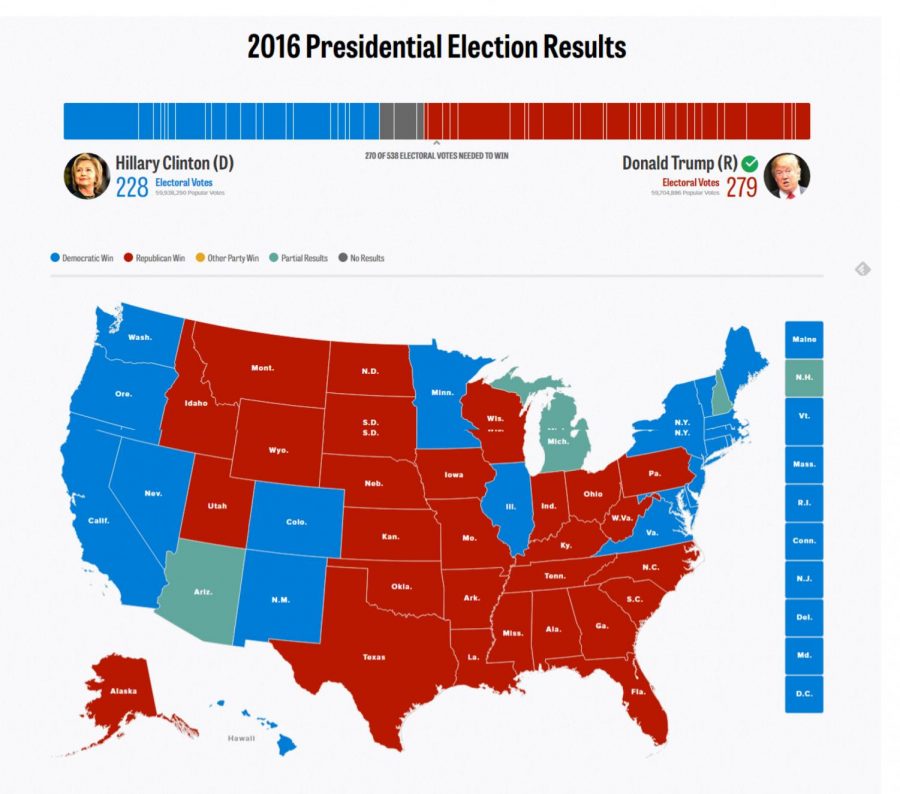

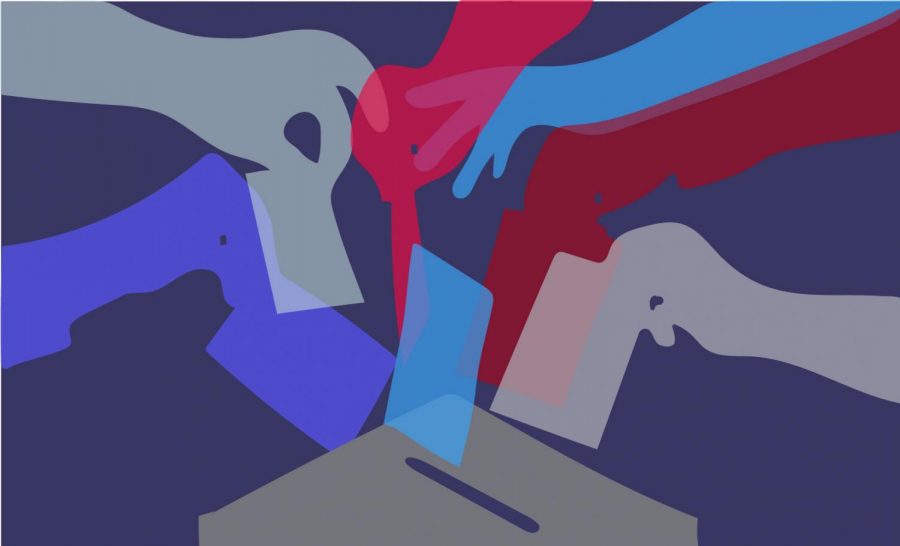
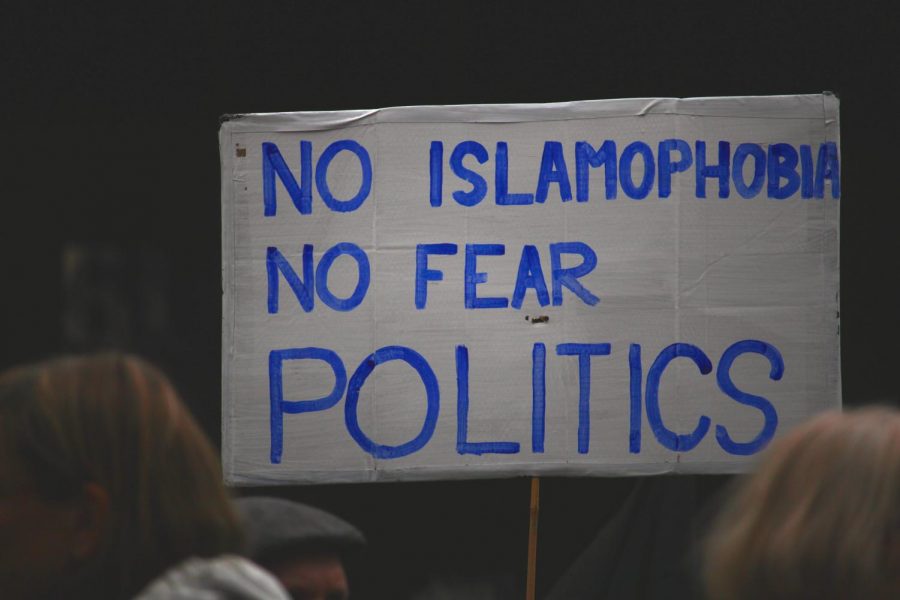
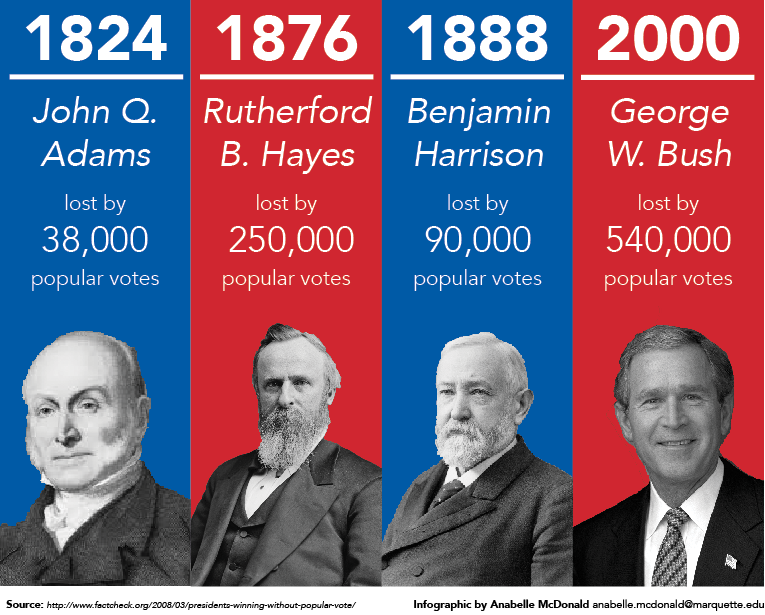
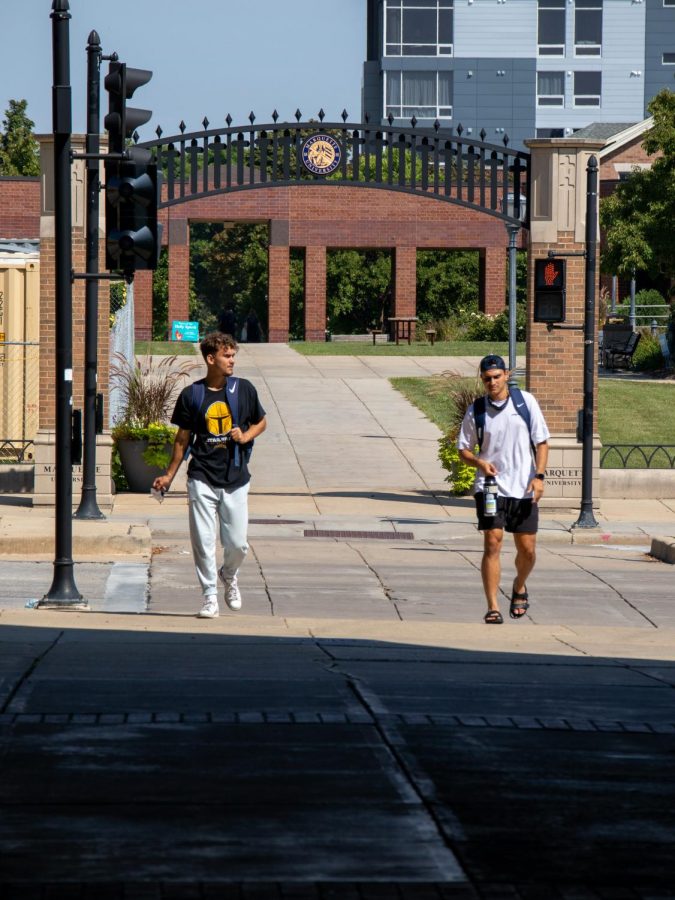
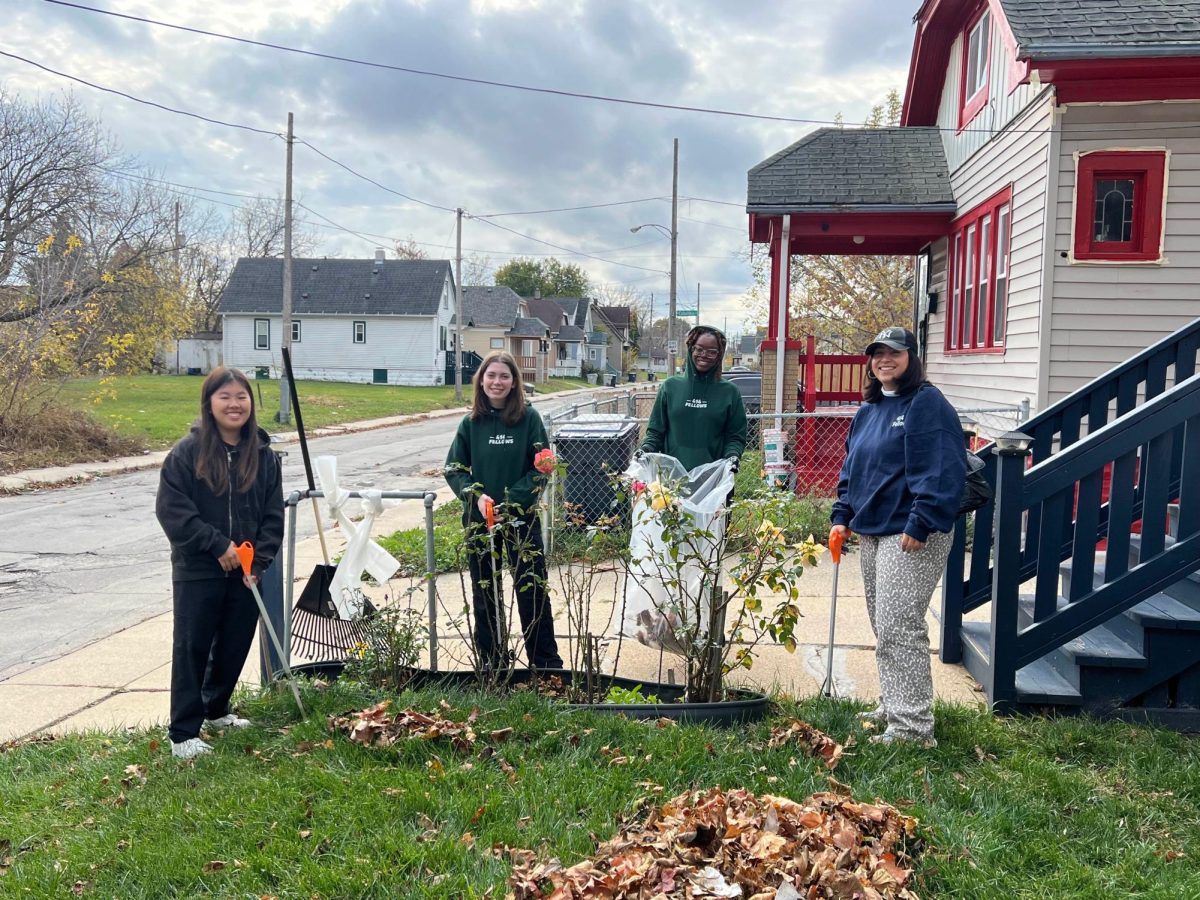

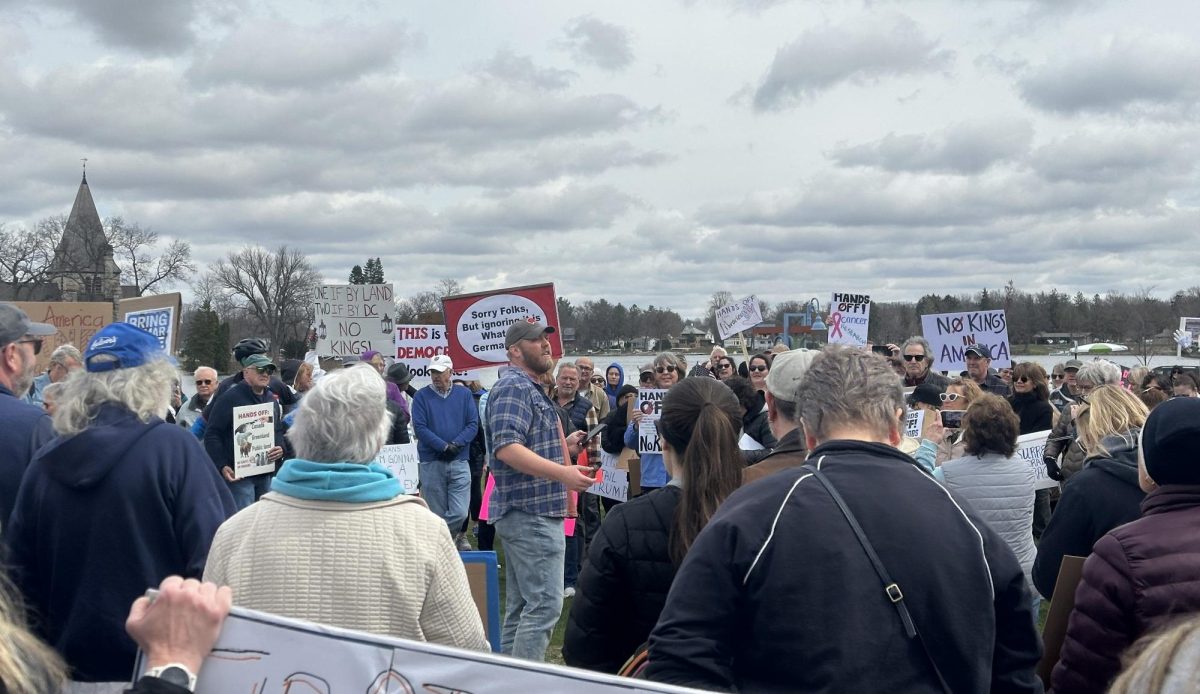
776 • Jan 23, 2020 at 1:11 am
Abolishing Electoral College will take away vote equality from anyone who does not live in the city. So be prepared for shortage of fresh vegetables, fruits and meats at the grociery stores and even supplies for manufacturing from mining, farming, ranchers and ext.
This happened before in early America therefore Electoral College was created to keep farmers farming and everyone else to keep working by simply allowing them to have vote equality at bay despite cities ability to constantly outvote everyone else who does not live in a city. Now obviously city environment is nothing like the country life and so on so therefore these diffences create our perspectives, for example:.
City prosperal landscape is very fluid. What do i mean by that. People in the city are working and earning from one another therefore they are able to negociate, demand, argue, and legislate issues in order to improve their quality of life.
Now what can a farmer do? Can a farmer tell his government to legislate his crops to grow large amount of produce to meet the quota for the year? No…this is nature we are talking about. There is no arguin, cheating it or legislating it to benefit for personal gain. That environment is strictly solid. People accept it as it is.
Same for ranchers, miners and ext.
People that live in a city ofter run from country life to be in a city for much comfortable/easier life and eventually forgeting to rememmber where theit daily life support comes from.
If people in the land loose their ability to vote to protect themselves from city peoples ignorance then they wont have a need to keep farming to aupport them and ext. For instance: Simple rise on a tax will cut them short to provide supplies for the ranch or a farm next year leading to shut down the operation. Then how will city feed itself.?
Susan Anthony • Jan 14, 2020 at 11:16 am
Now we need to urge state legislators, in states with the 74 more electoral votes needed, to enact the National Popular Vote bill.
The bill is 73% of the way to guaranteeing the majority of Electoral College votes and the presidency to the candidate who receives the most popular votes in the country, by changing state winner-take-all laws (not mentioned in the U.S. Constitution, but later enacted by 48 states), without changing anything in the Constitution, using the built-in method that the Constitution provides for states to make changes.
It requires enacting states with 270 electoral votes to award their electoral votes to the winner of the most national popular votes.
All voters would be valued equally in presidential elections, no matter where they live.